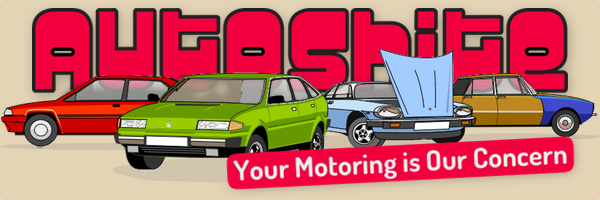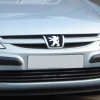Brake pistons: steel or aluminium?
-
Similar Content
-
Sliding brake caliper gaters
By sheffcortinacentre,
- 3 replies
- 368 views
-
Recommendations for brake calliper refurb?
By Verysleepyboy,
- 11 replies
- 256 views
-
- 3 replies
- 1,407 views
-
- 77 replies
- 5,363 views
-
- 38 replies
- 1,671 views
-






Recommended Posts
Create an account or sign in to comment
You need to be a member in order to leave a comment
Create an account
Sign up for a new account in our community. It's easy!
Register a new accountSign in
Already have an account? Sign in here.
Sign In Now